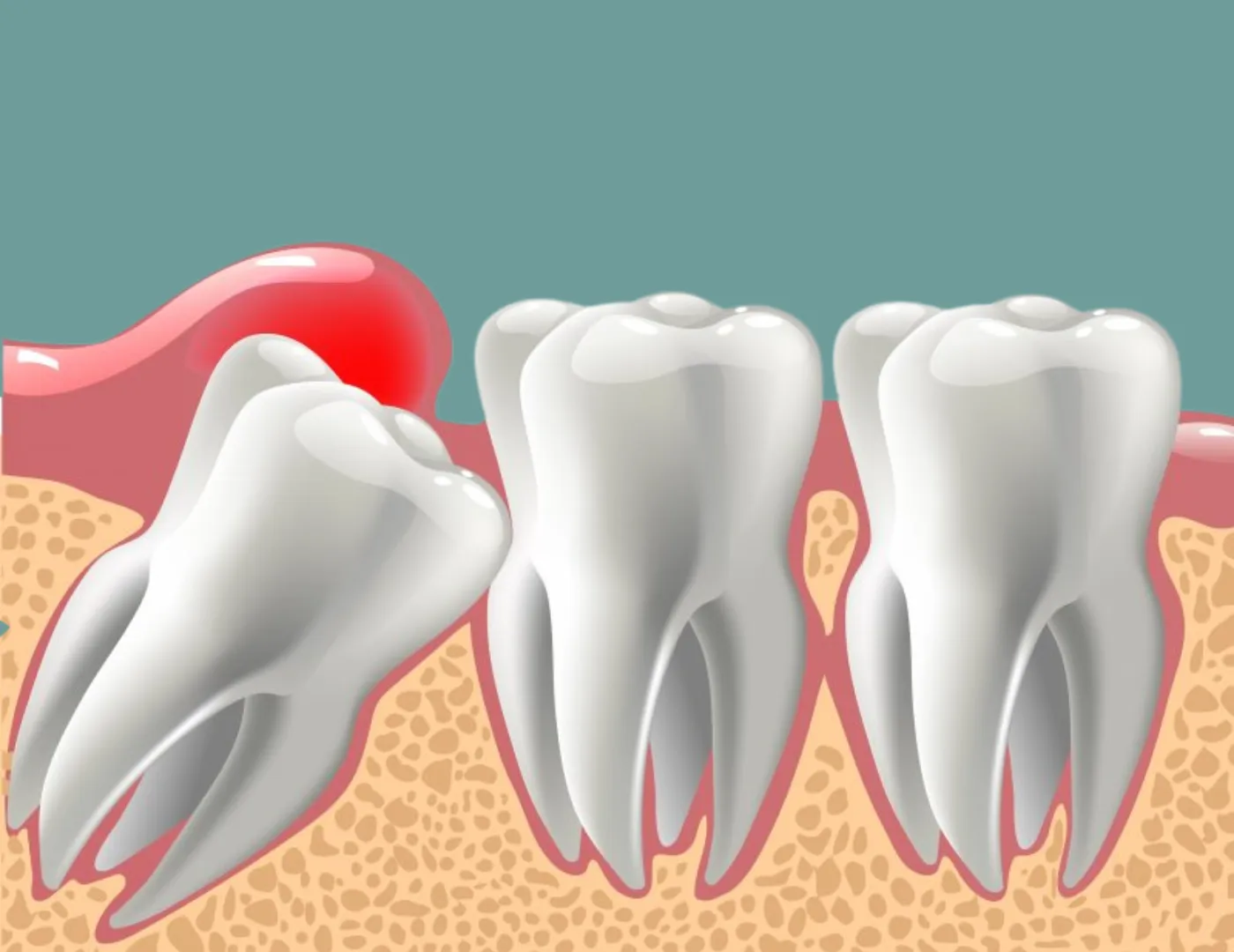Successful drug and alcohol interventions require careful planning, clear communication, and professional guidance. Involving a trained interventionist can help structure the process and reduce emotional tension. It’s crucial to express concern with compassion, set clear boundaries, and offer immediate treatment options, increasing the chances of the individual accepting help and beginning recovery.
Understanding Intervention
Intervention is a structured and strategic process aimed at helping individuals struggling with drug and alcohol addiction to recognize their problems and accept treatment. This procedure is frequently required as addiction can impair judgment and make it challenging for sufferers to get treatment on their own.
A well-executed drug addiction intervention can be the first significant step towards recovery, providing a lifeline to individuals who might not realize they need one. The urgency of intervention becomes apparent when considering the potentially devastating consequences of untreated addiction, which can include severe health issues, broken relationships, and even fatal overdoses.
Recognizing the Need for Intervention
Identifying when an intervention is necessary can be challenging. Indicators such as drastic behavior changes, physical deterioration, and social withdrawal suggest that the individual is in the grip of addiction and needs immediate help. Experts say that the greater the likelihood of a successful recovery, the earlier such intervention occurs.
Being vigilant about these signs not only helps in initiating intervention in a timely but also in choosing the most appropriate method of intervention. The focus should be on addressing the problem before it becomes increasingly difficult to manage, emphasizing the importance of early detection and action.
Planning an Intervention
An effective intervention requires careful planning. Decide who will participate, choose a suitable time, and gather detailed information on the addiction. Preparing for different outcomes is also crucial, as the individual may react unpredictably.
Developing a comprehensive strategy raises the possibility of a successful outcome and ensures that the intervention proceeds as planned. The planning phase involves a series of steps, including educating all participants about addiction and the intervention process, rehearsing the intervention script, and preparing follow-up plans and treatment options.
Getting Professional Help
Professionals, such as interventionists and addiction counselors, play a critical role in the intervention process. They offer expertise in guiding the planning, providing support during the intervention, and offering ongoing assistance. Professionals are trained to handle various dynamics and emotions that may arise during the intervention, ensuring that the process remains focused and productive.
For those seeking assistance, the national helpline is a priceless resource offered by the Substance Abuse and Mental Health Services Administration (SAMHSA). This helpline connects individuals with professional resources, ensuring that the best practices in addiction recovery support every intervention.
Types of Interventions
Various approaches to interventions exist, including the Johnson Model, the ARISE model, and the Systemic Family Model. Every approach offers advantages, and the decision is based on the person’s particulars and family.
Understanding these many sorts of issues can facilitate selecting the best course of action for your circumstances. Knowing the nuances of each model enables planning tailored interventions that align with the individual’s needs and family dynamics, maximizing the chances of initiating successful treatment.
The Johnson Model
One of the most common types of intervention is the Johnson Model, in which friends and family unexpectedly meet the person with an addiction. This model emphasizes immediate action and is designed to break through the addict’s denial.
The direct and assertive approach of the Johnson Model can be highly effective but requires careful handling to ensure the person with addiction feels supported rather than ambushed.
The ARISE Model
The ARISE model is a more collaborative approach that involves the person with an addiction in the intervention process from the beginning. It is less aggressive and focuses on building a support system over time to encourage the person with an addiction toward treatment. This model promotes open communication and gradual change, which can be more palatable for individuals resistant to sudden, drastic interventions.
The Systemic Family Model
This model views addiction as a symptom of family dysfunction and aims to address underlying family issues. It involves multiple family therapy sessions to promote healthier dynamics and support the addict’s recovery. By treating the family as a unit and focusing on systemic issues, long-term recovery can be more sustainable as the family learns to function in a way that supports sobriety and mental well-being.
Common Challenges in Interventions
Interventions often face obstacles, such as denial from the person who has an addiction, emotional confrontations, and logistical difficulties. It’s crucial to be prepared for these challenges and have strategies to address them.
Denial, in particular, is a significant barrier that can prevent the individual from acknowledging their problem. Emotional confrontations can also derail the process, making it necessary to manage emotions carefully and keep the focus on the ultimate goal of getting the individual to accept help.
Aftercare and Support
After the initial intervention, ongoing support is essential for recovery. This includes continued counseling, support groups, and monitoring progress. Long-term support ensures the individual stays on the path to recovery and can effectively overcome challenges that arise post-intervention.
Read about practical treatment principles from the National Institute on Drug Abuse for more insights on prolonged care. Aftercare and support fill the critical gap between initial treatment and long-term sobriety, providing the necessary resources and encouragement to maintain a drug-free lifestyle.





